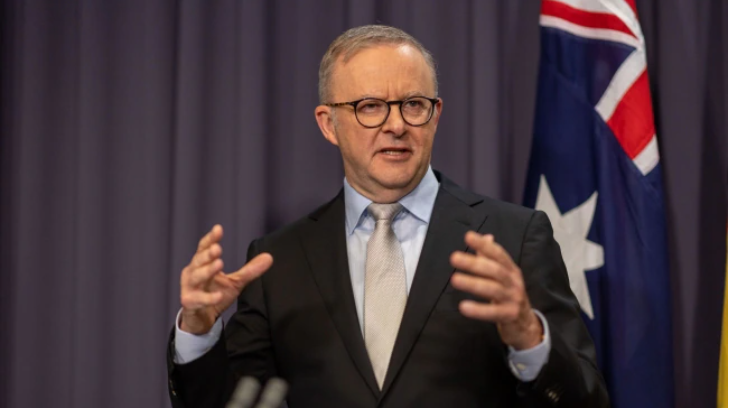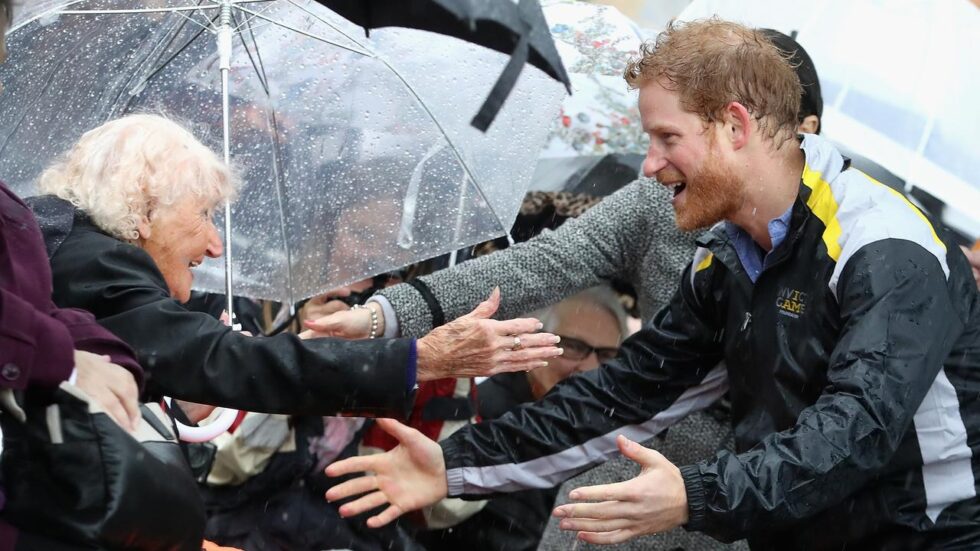Australia is set to begin manufacturing its own missiles within two years under an ambitious plan that will allow the country to supply guided weapons to the United States and possibly export them to other nations.
The push to accelerate the creation of a local missile manufacturing industry in co-operation with the US will be one of the centrepiece announcements at the Australia-United States Ministerial (AUSMIN) consultations on Saturday.

Both US and Australian officials are seeking to play down concerns the AUKUS pact could be derailed by division in the US Congress after 23 Senate Republicans warned they would not support the proposal to provide nuclear-powered submarines to Australia unless the US Navy doubled its own production capacity.
The joint missile manufacturing effort is being driven by the war in Ukraine, which has highlighted a troubling lack of ammunition stocks in Western nations including the US.
“This is really important for the industrial base of both of our countries,” Defence Minister Richard Marles said on Friday after meeting with US Defence Secretary Lloyd Austin in Brisbane.
“It is hugely significant in terms of developing Australia’s defence industry. It will be very important in ensuring Australia has the necessary war stocks in the future.”
Marles said the announcement would significantly bring forward the planned opening of local missile factories, which had been expected to take several years to get off the ground.
As well as creating local jobs, a domestic missile manufacturing industry will make Australia less reliant on imports and provide a trusted additional source of munitions for the US.
US defence contracting giants Lockheed Martin and Raytheon have been selected by the government as preferred partners for its guided weapons and explosive ordnance enterprise, which was identified as a priority by the recent defence strategic review.
The US and Australia will also announce plans to upgrade air bases in northern Australia so they can be used for training exercises by both Australian and American troops.
The Scherger and Curtin air bases, located in Queensland and Western Australia respectively, are regarded as bare bases, meaning they have limited infrastructure and are run by a small caretaker staff.
In a sign of a growing backlash to the submarine plan in Washington DC, 23 Republican senators, including the party’s Senate leader Mitch McConnell, wrote in a letter to US President Joe Biden: “The administration’s current plan requires the transfer of three US Virginia-class attack submarines from the existing US submarine fleet without a clear plan for replacing these submarines.
“This plan, if implemented without change, would unacceptably weaken the US fleet even as China seeks to expand its military power and influence.”
The Republican senators said the US required 66 Attack-class submarines, but the number of boats in its fleet is set to decline to 46 by 2030.
While noting that AUKUS enjoyed strong in-principle bipartisan support, the senators said: “Under the current AUKUS plan to transfer US Virginia-class submarines to a partner nation before meeting the Navy’s own requirements, the number of available nuclear submarines in the US submarine fleet would be lowered further.
“This is a risk we cannot take.”
Describing the congressional negotiations as “colour and movement”, Marles said: “We’re not worried about that … I’m confident about the progress of Australia acquiring a nuclear-powered submarine capability. We are encouraged by the progress of legislation through Congress.”
US ambassador to Australia Caroline Kennedy insisted that the submarine plan was “not at risk at all” and dismissed suggestions negotiations had stalled.

“This is a hugely complex part of our annual defence appropriation budget and so there’s a lot of issues that go into that,” she told ABC radio. “There is absolutely bipartisan support for AUKUS in the US and the Australian alliance.”
Speaking before a meeting with Foreign Minister Penny Wong on Friday, US Secretary of State Antony Blinken said: “We have no greater friend, no greater partner, no greater ally than Australia. And I don’t think that alliance or partnership has ever been stronger, at least in my experience.”
Prime Minister Anthony Albanese said he was “very confident” Australia would secure at least three Virginia-class submarines from the US.
“I met with Republicans and Democrats in Lithuania just a couple of weeks ago and what struck me was their unanimous support for AUKUS, the unanimous support for the relationship between the Australia and United States,” he said.
Ashley Townshend, a senior fellow for Indo-Pacific security at the Carnegie Endowment for International Peace, said it would take several billion dollars in extra investment from the US government to meet the Republican senators’ demand to increase submarine production from 1.2 to 2.5 vessels a year.
The AUKUS legislation was still likely to pass through Congress this year, but the process would be “messy”, he said.
Opposition foreign affairs spokesman Simon Birmingham said the government faced “a critical test for Australian diplomacy to ensure that we maintain as broad as possible bipartisan support for the AUKUS arrangement throughout US politics and right across the US Congress”.



